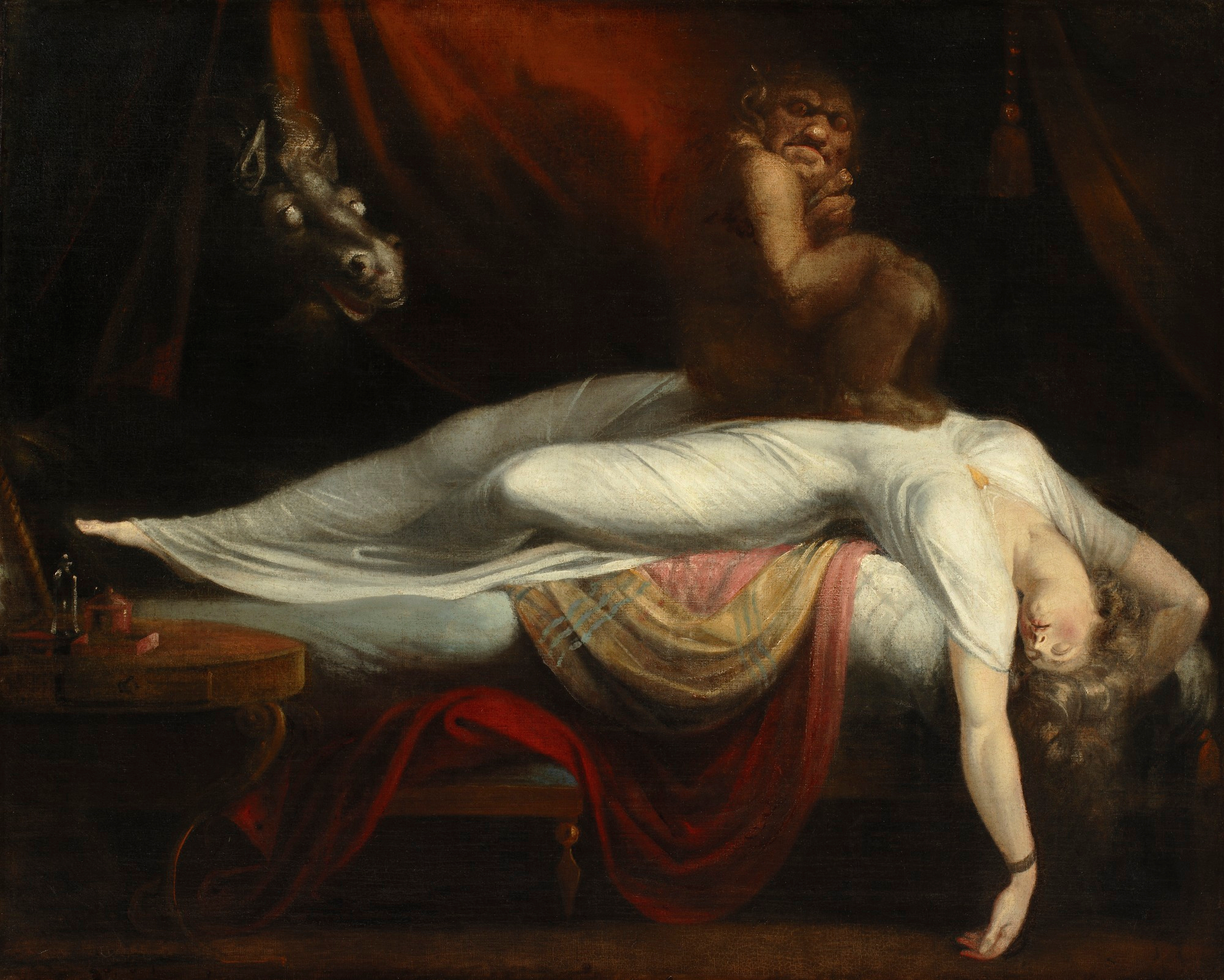Marie Darrieussecq’s new memoir, Sleepless unearths the history and literature of insomnia’s sufferers
I want to say, right up front, that I sleep easily and deeply, which according to the philosopher Emil Cioran, who is cited in the opening pages of this by-turns breezy and harrowing account of the insomniac’s immiserated nights and ghostly days, disqualifies me for any comprehension of ‘the most profound experience one can have in life’. (There is the implication here, offered nonjudgmentally, that those who sleep are simple.) Sleeplessness came for Darrieussecq – a Paris-based novelist, journalist, art writer (including contributions to this magazine) and sometime psychoanalyst – with the birth of her first child, 22 years ago (Sleepless was originally published in French, in 2021), and has gripped her in its unequal embrace to varying degrees ever since. ‘The insomniac’, she writes, ‘is not so much in dialogue with sleep as with the apocalypse.’ This book is her quest to get the bottom of sleeplessness, to solve it, by digging up the history and literature of its sufferers, tracking down references in film, music and art, and feeding these through her own story so as to provoke a sort of immune response and return her to the lost paradise of untroubled sleep.
For the author the witching hour is 4:04am, “Too late to end it now/Too early to start again”, as Charlotte Gainsbourg sings in (the slightly later) 5:55 (2006). The intimation of death is apt: a ‘defective form of sleep… a simple error of dosage’, Darrieussecq writes as she takes us through treatments (wine, pills), rituals (counting lovers) and other practices (burrowing, gravity blankets). As her investigation expands it pulls in psychiatry, sorcery, genocide, street lighting, first husbands, lobotomies, the despoliation of nature. Drawing on her journals, previously published works, travels, personal photographs and memories of the pandemic years, the result is itself a bit like a sleepless night: hypnagogic, discursive and goes on too long. But I’m hazarding this was Darrieussecq’s intention, a mirroring of insomnia so as to release its power over her, while extending a generous hand to sleepers and nonsleepers alike to enter a night-time churn of thoughts so that we might all have at least a passing familiarity with life’s most profound experience.
Sleepless: A Memoir of Insomnia by Marie Darrieussecq, translated by Penny Hueston. Fitzcarraldo Editions, £12.99 (softcover)
